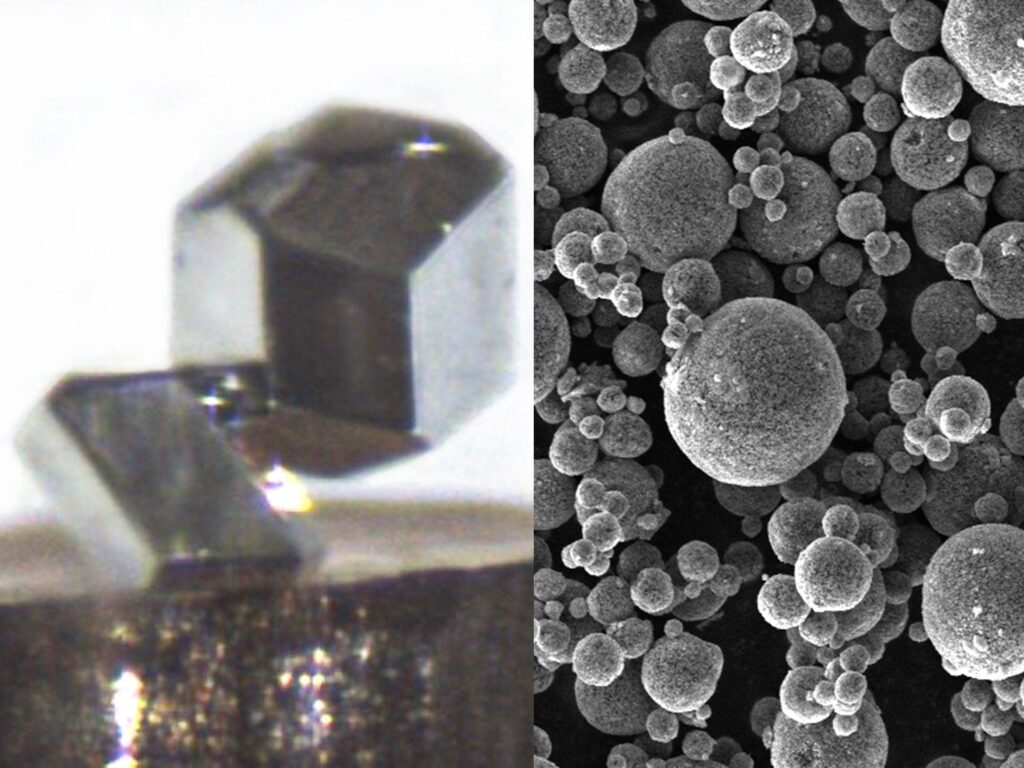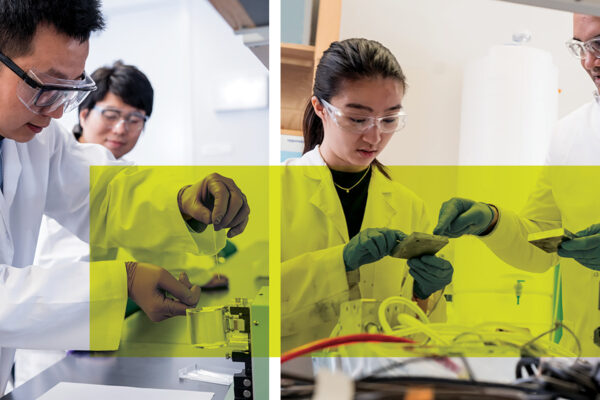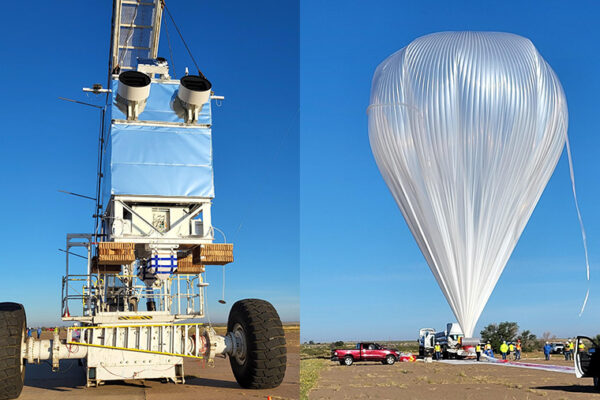
Peng Bai, an associate professor of energy, environmental and chemical engineering in the McKelvey School of Engineering at Washington University in St. Louis, received a two-year $550,000 Partnerships for Innovation – Technology Translation award from the National Science Foundation (NSF) to support his work on sodium-based batteries. The award will allow Bai to expand his prior NSF-funded research to scale up and commercialize his sodium battery technology.
Bai’s sodium-based batteries deliberately move away from lithium and other rare elements used in traditional batteries. Sodium, a more abundant and easier-to-process material, promises lower production costs and alleviated supply chain vulnerabilities, fostering a more sustainable and economically efficient energy landscape. Sodium-based batteries also may offer enhanced fast-charging capabilities and improved operation in cold environments, expanding their potential application in large-scale energy storage and portable electronics, including electric vehicles.
Read more on the McKelvey Engineering website.


